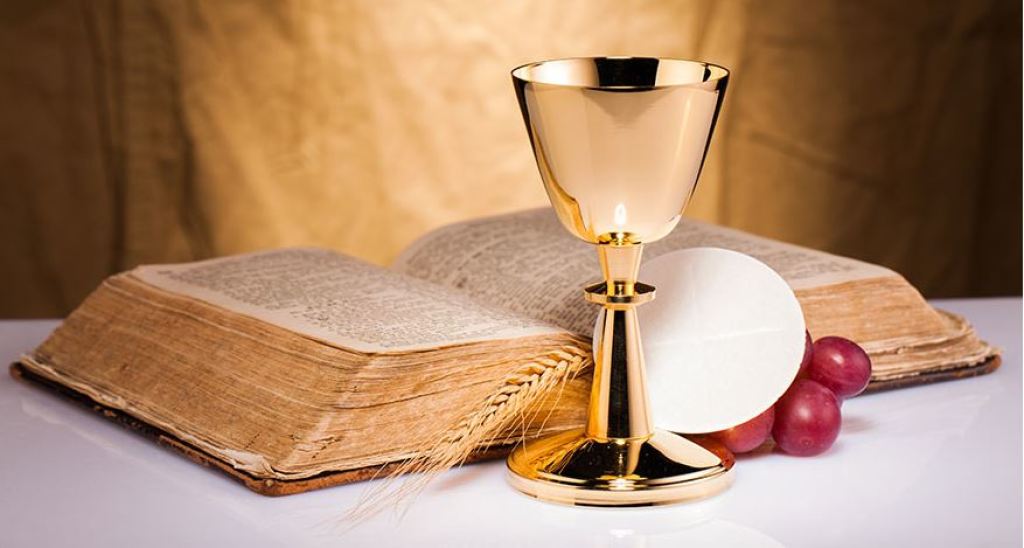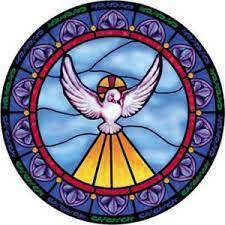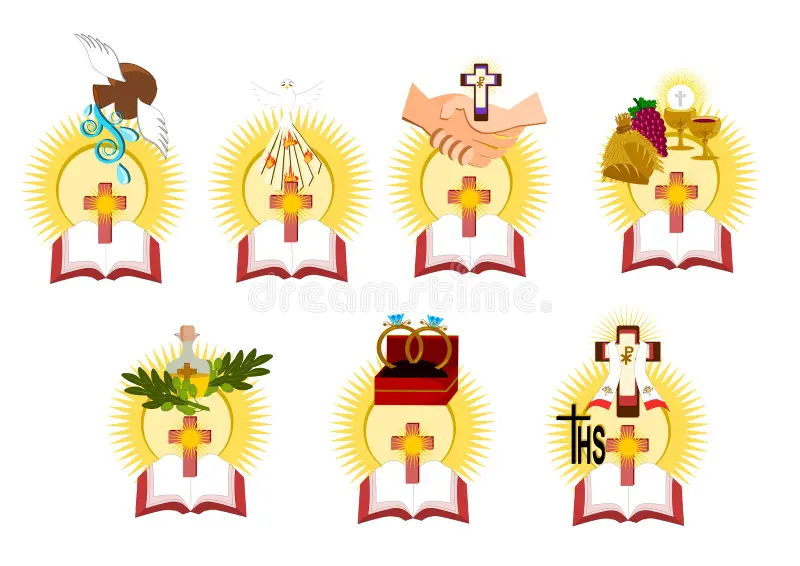Studying Jewish history and theology is a marquee-like reminder to Christians that in order to understand why Jesus Christ is our Savior, we must first study our faith through a Jewish lens. Claiming that Jesus is the expected Messiah is not just about connecting Old Testament typology, prophecy, and narrative to Jesus as Savior and…
The Sacraments Series — Part 3: Confirmation
If the expression “musical chairs’ could be loosely applied to any of the sacraments, it would have to be confirmation. Not that the Church has ever shoehorned this sacrament’s meaning to fit with all other six sacraments, but the Church has no doubt wrestled a bit with when exactly confirmation should occur, and what is…
The Sacraments Series — Part 2: Baptism
Beginning with the Bible, baptism is a concept with some roots in Scripture, yet with no exact timeline regarding its institution. However, when weaving together Christ’s own baptism (Matthew 3:13-17) with his teachings about salvation by water and Spirit (John 3:5), and also with his command to “make disciples of all nations, baptizing them…”(Matthew 28:19-20),…
The Sacraments Series — Part 1: The History and Meaning of Sacraments
Do any of you remember the old, child-like game of describing a typical church? You start with interlocked hands and fingers to represent the church; then, you put your two index fingers together to form a steeple Finally, you turn your hands face up while wiggling your fingers around. During the whole routine, you are…
The Not-So-Great, “Justification” Debate: Martin Luther vs. John Calvin
The topic of justification by faith versus works is a quintessential can of worms in Christian theology. As many Christians are already aware, the justification debate gained a strong momentum in Luther’s day, and since then has morphed, splintered, morphed again, splintered again – – and again and again — into one of the top…
The Catholic Church’s Commitment to Ecumenism
When contemplating the concept of ecumenism in our modern day, it may seem like an impossible reach to imagine a unified Christian Church. With scores of Christian denominations spread out across most countries in the world, ecumenism can appear futile. Yet the Second Vatican Council rose up to the challenge, producing key documents to address…
What John Calvin’s Role in the Reformation Reveals about Church History
Introduction For anyone who has studied the Protestant Reformation, it is nearly a given to put Martin Luther at the helm of this monumentally significant movement. However, while Luther was instrumental in rallying against Church abuses and aggressively pushing for reforms, he had also opened the door for a wide array of competing views on…
The Fourth Century: A breakthrough period for the Catholic Church — and an Important Lesson About Its Future
Within the history of Christianity, the fourth century stands out as a crucial turning point — one that forever changed the trajectory of missionary work, Christianity’s role in society, and the Church’s ever evolving ecclesial structure. This paper will explore the combined socio-political, theological, and ecclesiastical factors that formed the blueprint for what is now…
The Catholic Church’s Relationship with Culture
The late Ruth Benedict, a twentieth century anthropologist known for her remarkable contributions to cultural anthropology, once wrote that “the purpose of anthropology is to make the world safe for human differences.” From what has been covered in this course about Catholic ecclesiology, it can be easy to conclude that the Church frequently spent its…
Why the Early Medieval Era is Key to Understanding Church History and Ecclesiology
As Fr. Richard McBrien rightfully points out in his book, The Church,“the history of ecclesiology covers an enormous amount of biblical, historical, theological, doctrinal, social scientific, and other material” (61), Meaning that studying 2000 years of Catholic ecclesiology is liking drinking several gallons’ worth of water through a firehose, then going all out at an…



